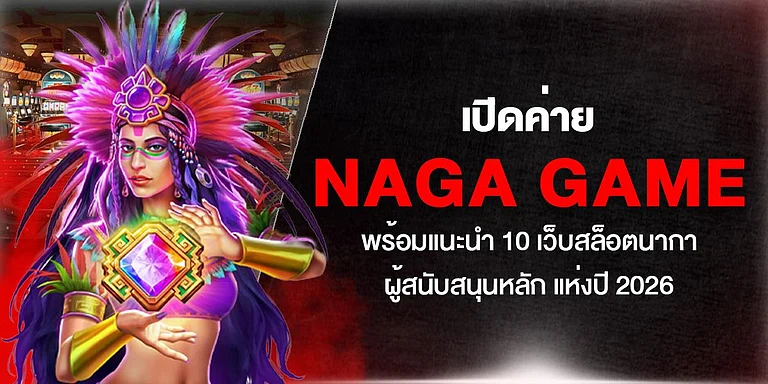When I was asked by this magazine to write about my visit to the Srinagar hospital where injured jawans are being treated, I only welcomed the opportunity. The visit was, in every sense, an eye-opener. Sitting in London after the World Cup was over, Kapil paa-ji and I tried to make sense of the sporadic news coming from home on Kargil. For almost two months, we had thought of practically nothing but cricket; and now that it was over, we suddenly felt so far removed from the troubles in India. As we talked, both of us felt the need to do what we could to help. Fortunately, on our return to Delhi, we were invited by the defence minister to visit the hospital in Srinagar to boost the morale of the injured jawans. We were only too happy to oblige.
Accompanied by senior army officials, we arrived at the Base Hospital in Srinagar's Badami Bagh Cantonment. During the hour-long visit, I was awestruck by these truly brave heroes who were risking their lives for our country. Some were barely conscious, some had grave head injuries, others had severely wounded limbs and still others had been shot through their chests. Yet, when we asked if they were looking forward to be with their families, they all, without exception, answered that they were waiting to recover enough to return to the front and resume fighting. When the natural human instinct in each one of us is self-preservation, these men willingly put themselves in situations where they could easily be facing death. Most of us far away from those icy frontiers possibly haven't spared a thought for the soldiers who are fighting under extremely harsh conditions. The terrain consists mainly of jagged, steep and inhospitable peaks, with little or no natural cover by way of trees or bushes. Sub-zero temperatures and icy winds make the weather conditions harsh and there is always the constant danger of enemy attack. To climb and fight on these peaks requires sheer physical strength, not to speak of the mental pressures weighing on the soldiers. I had always thought that we, as cricketers, were mentally tougher than most other sportsmen, cricket being much more taxing on the mind than demanding of the body. But it hardly compares to the mental toughness of the jawans. They unflinchingly and enthusiastically told us that they were ready to go back as soon as they were permitted to.
The other thing that amazed me was their interest in cricket. I know that ours is a nation where cricket is more a religion than a sport, yet I didn't expect it would be so important to these jawans who were battling in a war-like situation. They greeted us warmly, congratulated us on our win against Pakistan, wanted autographs and photographs and repeated only one thing over and over again. "Pakistan se nahin haarna. We'll defeat the enemy here, but don't lose a single match against Pakistan."
I am a sportsman all the way and I know the nation follows, enjoys and backs our performances on the field. But there are times when we must take a moment to stop and think. In most situations, I'd agree that sports and politics must not be mixed. But we must not forget there's a strong feeling of nationalism behind both players and spectators that cannot be discounted. This nationalism makes the public rally behind their team with such enthusiasm and that very same nationalism makes us proud to play for our country and try our hardest to win. Sport cannot ignore nationalism and no sport can be played in isolation.
We can't have our jawans losing their lives on the one hand and on the other, have our cricket teams happily playing against each other as if nothing were wrong. We can't trivialise the sacrifices of our jawans and prove their efforts futile by forgetting the reality in Kargil. The Pakistani cricketers are all friends of mine, more so than cricketers from any other country. But if, say, Mushtaq Ahmed were to grab a room in my house, I'd have the right to defend my domain and not to welcome him into my house anymore. It isn't a question of how large that territory is, what strategic importance it holds or where it is, but the principle that they can't take what's rightfully ours. It may be only a few kilometres that the Pakistani intruders have occupied, but we reserve the right to defend our territory and use any means in that defence.
Cricket is a great unifier and we always get overwhelming support from the people, for which we are grateful. Now, I appeal to my countrymen: let's unite behind our soldiers with that same fervour. We owe a debt of gratitude to those soldiers who have lost their lives, to their families who stoically bear the nation's burden, to those who have lost their limbs and to those who are fighting fearlessly. Kashmir is an integral part of India and let's show the world that we'll not give it over to anyone. There was militancy in Punjab and we did overcome it. We should lend our support to achieve the same in Kashmir. We should visit Kashmir and see for ourselves the great effort being made to restore normalcy in the state. Enjoy this unique part of our country and what it has to offer. Let's do what we can to help our brave jawans. These heroic men are the true stars of our country today; let their sacrifices not go in vain.


























